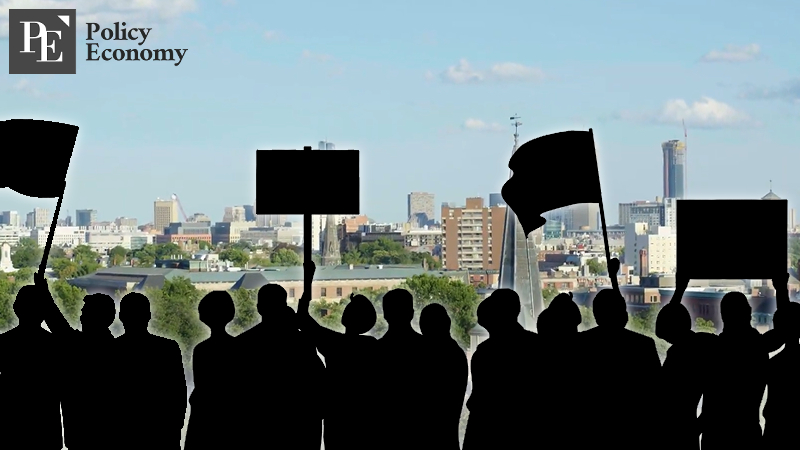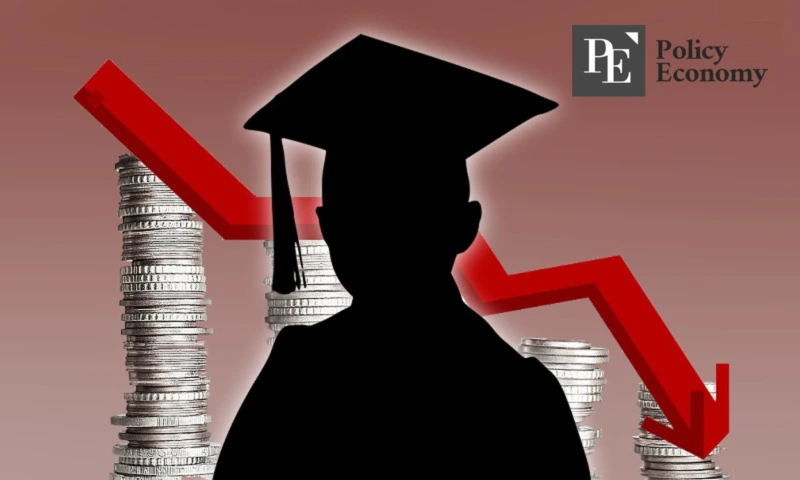“No Subsidies or Tax Breaks for Noncompliance”: Harvard Clashes Head-On with Trump Administration
Input
Modified
Harvard University rejects Trump administration’s demand to dismantle DEI programs, despite threats to cut federal funding and revoke its tax-exempt status. President Alan Garber defended the university’s autonomy, calling the demands unconstitutional. The standoff highlights growing tensions between academic freedom and federal authority under Trump.

Resistance is growing against the Trump administration’s push to bring universities under tighter control. President Donald Trump has been leveraging federal subsidies and tax-exempt status to pressure leading institutions, prompting fierce backlash not only from academia but also from prominent figures—including former President Barack Obama.
Harvard Defies Trump
On April 14 (Korea time), Harvard University issued a public letter signed by President Alan Garber, stating that it would refuse to comply with the Trump administration’s anti-DEI (Diversity, Equity, Inclusion) directives. This came in response to a government memo sent on April 11, which demanded that Harvard crack down on campus anti-Semitic protests and overhaul its admissions and faculty hiring practices. Harvard concluded that these demands posed a serious threat to its history and academic mission.
Prominent alumni rallied to the university’s defense. On April 15, former President Barack Obama, a Columbia and Harvard Law graduate, posted on social media platform X (formerly Twitter), praising Harvard for “rejecting an illegal and coercive attempt to suppress academic freedom” while taking “concrete steps to ensure all students benefit from an environment of intellectual inquiry, rigorous debate, and mutual respect.” Obama called on other institutions to follow suit.
Solidarity is growing across higher education. Stanford President Jonathan Levin and Provost Jenny Martinez released a statement supporting Harvard, acknowledging that “universities must respond to legitimate criticism with humility and openness,” but emphasizing that “destroying our national research infrastructure or imposing government control over private institutions is not the path to constructive change.”
The Price of Defiance
Despite the outpouring of support, the Trump administration has not backed down. On the same day that Harvard rejected the demands, the administration froze $2.2 billion in federal funding earmarked for the university over several years, along with $60 million in federal contracts.
On April 15, White House spokesperson Caroline Leavitt stated, “President Trump expects Harvard to apologize for the appalling anti-Semitism that occurred on campus. They must comply with federal law.” Trump echoed the sentiment on his platform, Truth Social, writing: “If Harvard continues to promote politically and ideologically toxic thought influenced by terrorists, we may have to revoke its tax-exempt status and treat it as a political organization.”
The following day, CNN reported that the Internal Revenue Service (IRS) is actively considering revoking Harvard’s nonprofit tax status. U.S. law grants tax exemption to educational, religious, and charitable organizations, but this status can be revoked if those institutions engage in political activity. Losing tax-exempt status would deal a severe financial blow to any university.

U.S. Academia Struggles Under Mounting Financial Pressure
Experts warn that federal pressure on Harvard and other top universities could undermine the competitiveness of American higher education. A clear example is the research funding cuts already announced by the Trump administration.
The administration previously announced that it would cap indirect cost reimbursements from the National Institutes of Health (NIH) at 15% of total research grants. Elon Musk, who leads the Department of Government Efficiency (DOGE), defended the cuts, claiming: “Can you believe universities that receive tens of billions in donations are skimming 60% of research funds for 'overhead'? These schools are totally out of control.”
So-called indirect costs (or Facilities & Administrative costs) cover essential non-labor expenses for maintaining labs, equipment, and administrative services. Last year, NIH allocated $35 billion—80% of its total budget—to research institutions, with $9 billion spent on indirect costs like infrastructure and administration.
A significant cut to these funds could cripple U.S. research operations. One academic insider explained, “Indirect cost rates typically range from 30–70%. For institutions like Harvard, Yale, and Johns Hopkins, it's closer to 60–70%.” Reducing that to 15%, they said, “is equivalent to shutting labs down.”
Facing this uncertainty, some U.S. universities are already scaling back or freezing PhD admissions. The broader implication is clear: if research infrastructure weakens, so does America’s leadership in science and innovation.





















